Plant ID - ground cover, I think
SweetMonkeyCheese Z9 Tampa
8 years ago
Featured Answer
Sort by:Oldest
Comments (32)
juneroses Z9a Cntrl Fl
8 years ago1951rab
8 years agoRelated Discussions
Creeping/Ground Cover Indoor Plant ID
Comments (5)Open a free account at a photo-hosting site like Photobucket, transfer your pics from your computer file to your album, then copy and paste the HTML code below the thumbnail right into your message. Post your pics in 'Name That Plant' forum(or this one)and you will surely get an ID. HTH...See MoreID ground cover plant
Comments (3)I forgot to mention. It can get a foot high, but can be mowed....See MorePlease ID 2 shade plants/ground covers
Comments (9)I agree with annie........location and climate have a great deal to do with how well plants establish and spread or display weedy/invasive tendencies. What may be a very well-behaved garden plant in Mindy's MA may be a rampant thug in the OP's much milder VA location. Actually, the PNW doesn't necessarily have more "noxious weeds" than other locations.......because this is primarily an agricultural state, we just tend to be very proactive in identifying those that are or could become problematic :-) Many plants that ARE considered invasive on the east coast are NOT here - like burning bush, Japanese barberries, nandina, etc. And we don't get all that much snow.......I'd venture to say no more than NJ, perhaps quite a bit less!...See MoreGround cover plant ID
Comments (4)The first one looks like its a nightshade (ground cherry) but the leaves are nothing like ones I've seen. What state are you in?...See MoreSweetMonkeyCheese Z9 Tampa
8 years agokatkin_gw
8 years agoMichael AKA Leekle2ManE
8 years agowisconsitom
8 years ago1951rab
8 years agopontyrogof
8 years agolast modified: 8 years agolaura1
8 years agopontyrogof
8 years agoSweetMonkeyCheese Z9 Tampa
8 years agolaura1
8 years agodirtygardener73
8 years ago1951rab
8 years agogaryfla_gw
8 years agowisconsitom
8 years agopontyrogof
8 years agoLarue Pest Management, Inc.
8 years agoCelery. Visualization, Rendering images
8 years agoMichael AKA Leekle2ManE
8 years agoLarue Pest Management, Inc.
8 years agowisconsitom
8 years agoMichael AKA Leekle2ManE
8 years agowisconsitom
8 years agodirtygardener73
8 years agowisconsitom
8 years agoMichael AKA Leekle2ManE
8 years agowisconsitom
8 years agodirtygardener73
8 years agoMichael AKA Leekle2ManE
8 years agowisconsitom
8 years ago
Related Stories
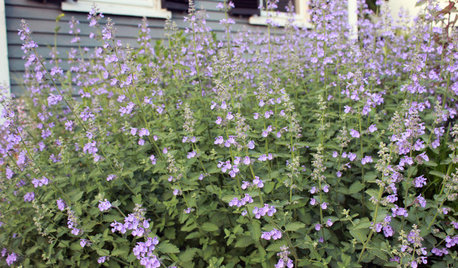
GARDENING GUIDES5 Weed-Smothering Ground Covers
Let these landscape plants do the dirty work of choking out weeds while you sit back and enjoy the view
Full Story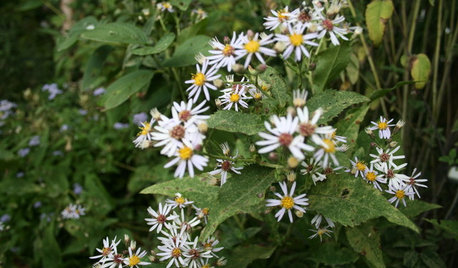
GARDENING GUIDES6 Native Ground Covers for Tough, Dry Spots
Sun beating down on your sandy gravel? Thick shade darkening your clay soil? There’s a ground cover here for you
Full Story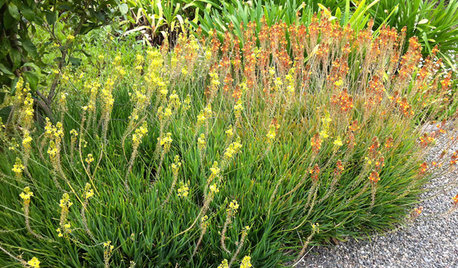
GARDENING GUIDES6 Dependable Ground Covers for Warm Climates
Swap some lawn for these drought-tolerant clumping plants — and watch your maintenance efforts diminish while they easily grow
Full Story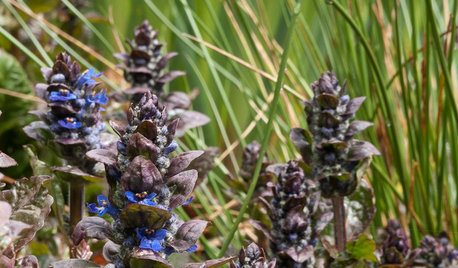
GARDENING GUIDESGreat Design Plant: Bugle Weed, a Quick Ground Cover
It’s highly adaptable, suppresses weeds, reduces erosion and provide weeks of bright flowers. Just watch for invasiveness
Full Story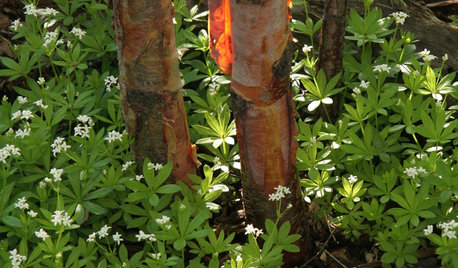
GARDENING GUIDES6 Deer-Resistant Ground Covers to Plant This Fall
Learn about some of the only low, spreading plants that are reliably deer-resistant
Full Story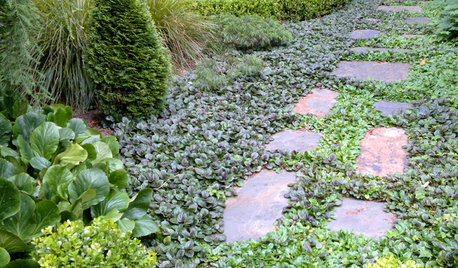
GROUND COVERSGround Force: 10 Top Ground Covers for Your Garden
Protect your soil from weeds and drought this summer with a living mulch of ground covers
Full Story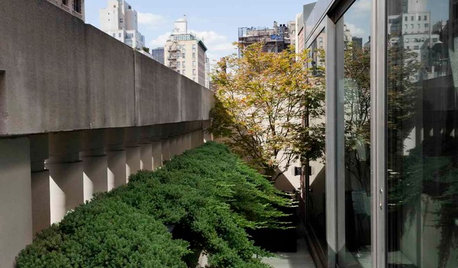
GARDENING GUIDESGreat Design Plant: Creeping Juniper Holds Its Ground
Add texture and evergreen interest to a layered garden with this low-maintenance, good-looking ground cover
Full Story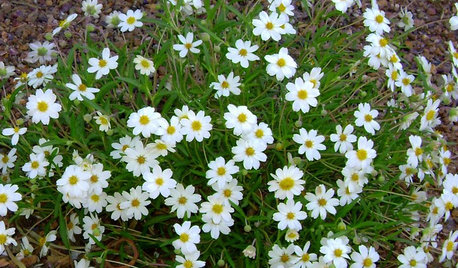
GROUND COVERSGreat Design Plant: Blackfoot Daisy for Prettier Dry Ground
Don’t let its delicate looks fool you. This ground cover can survive extreme cold and heat, and with little water to boot
Full Story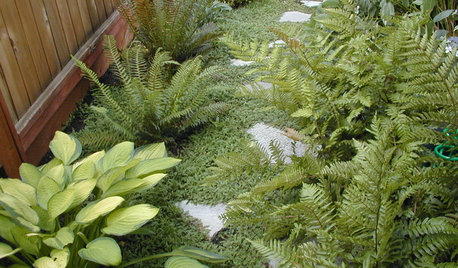
LANDSCAPE DESIGN6 Great Ways With Garden Ground Covers
Use them as problem solvers, weed killers, color and texture providers ... ground cover plants have both practical and visual appeal
Full Story
GARDENING GUIDESNew Ways to Think About All That Mulch in the Garden
Before you go making a mountain out of a mulch hill, learn the facts about what your plants and soil really want
Full StorySponsored
Professional Remodelers in Franklin County Specializing Kitchen & Bath



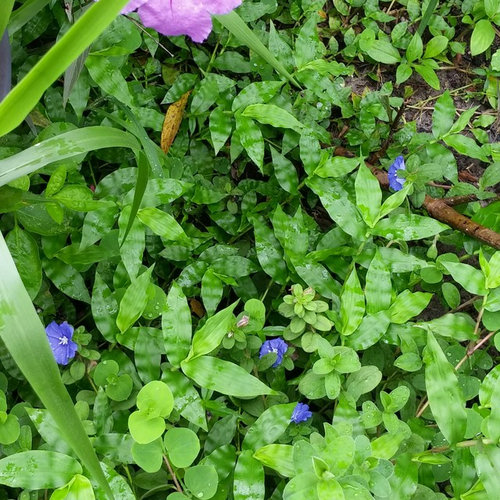


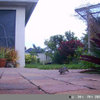
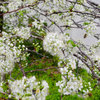
rednofl